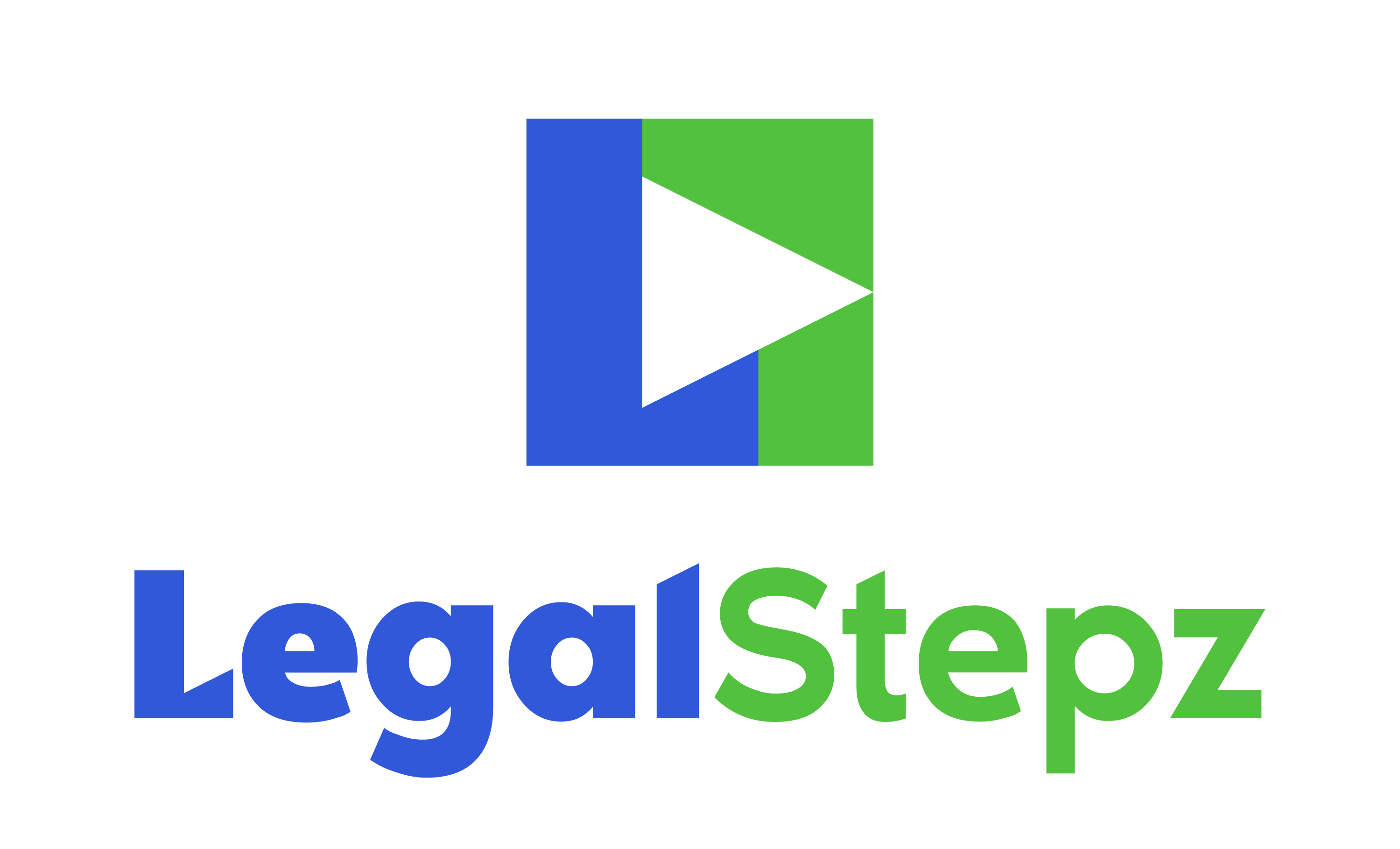What are the Types of Business Ownership

In the US, there are different types of business ownership. These are legal business entities that determine who owns the business, how it is structured and the financial implications of the structure. If you are starting up a new business, you will want to make sure you choose the right business type.
Business Ownership Definition
Business ownership is defined as the people with a controlling stake in the business entity. Those with a controlling stake within the business have rights about what actions and decisions are made within the business.
While it is generally assumed that those who run the business on a day-to-day business are the business owners, this is not always the case. For instance, CEOs can be employees of the business, appointed by business owners. While they might have a lot of power, they don’t always have the final say and might need clearance from the owners to make some decisions.
Types of Business Ownership
Here are the main types of business ownership that are available. Not all of these are going to be suitable for you.
Sole proprietorship
A sole proprietorship is a basic unincorporated business entity where one person owns and runs the business. They may, however, work with others or employ staff. In a sole proprietorship, the business owner is personally liable for the business both legally and financially.
Pros
- A simple business set-up.
- Less chance of disagreements.
- Easy to get set up and running.
Cons
- One person is solely liable for the business.
- Personal assets are liable for business debt.
- It can be challenging to raise funds.
Partnership
A partnership is a legal business entity whereby two or more people run a business. They share the profits and both have responsibility for legal and financial matters.
Pros
- A partnership agreement can be a guide
- Enables owners to share responsibility.
- Pay taxes just on what you each earn.
Cons
- Both partners are financially liable for the business
- Both partners are legally responsible for the business
- Can be challenging if partners fall out.
Limited liability company
A limited liability company is a business entity that is a cross between a partnership and a corporation. The business owner has limited liability both legally and financially. They are only liable for the funds they invest in the business, their personal assets are protected. A domestic limited liability company refers to a business that operates in the state in which it is registered, the business will need to be registered in other states as a foreign limited liability company.
Pros
- Your personal assets are protected.
- Has a specific organizational structure.
- You can choose the state you wish to be registered in.
Cons
- Initial costs to set up a limited liability.
- Yearly registration costs.
- Requires more administration.
Corporation
A corporation is a more complex legal business entity owned by shareholders. A corporation has to be approved by the IRS. Shareholders have limited liability and they don’t normally have day-to-day control over the company, this is done by a CEO, though shareholders can vote to appoint a CEO.
Pros
- Limited personal liability for the debts of the company.
- It is much easier to transfer business ownership.
- It is easier to raise funds through stock/share sales.
- S-corps have tax benefits.
Cons
- The lengthy application process.
- Rigid formalities, protocols and structure.
- Double taxation.
Cooperative
Cooperatives are businesses owned by ‘member-owners’. They are controlled democratically controlled by member-owners, and each member gets an equal voice in how the business is run. Services/goods provided by the co-op benefit the owners, though they can also service others in the community.
Pros
- Members share responsibility for the business.
- Rewards are shared equally.
- Can offer members greater pride in the business.
Cons
- Difficult to access some funding methods.
- Might not be as profitable to the founders.
- Can sometimes be hard to attract outside customers.
Final Word: What are the Types of Business Ownership
When establishing a business, there are numerous different business structures that you can use. Once you’ve chosen the business structure that you want to use, you can then register your business with the right forms. This does not require a lawyer, as you can learn to do most business registrations on your own.

0 comments
Leave a comment
Please log in or register to post a comment